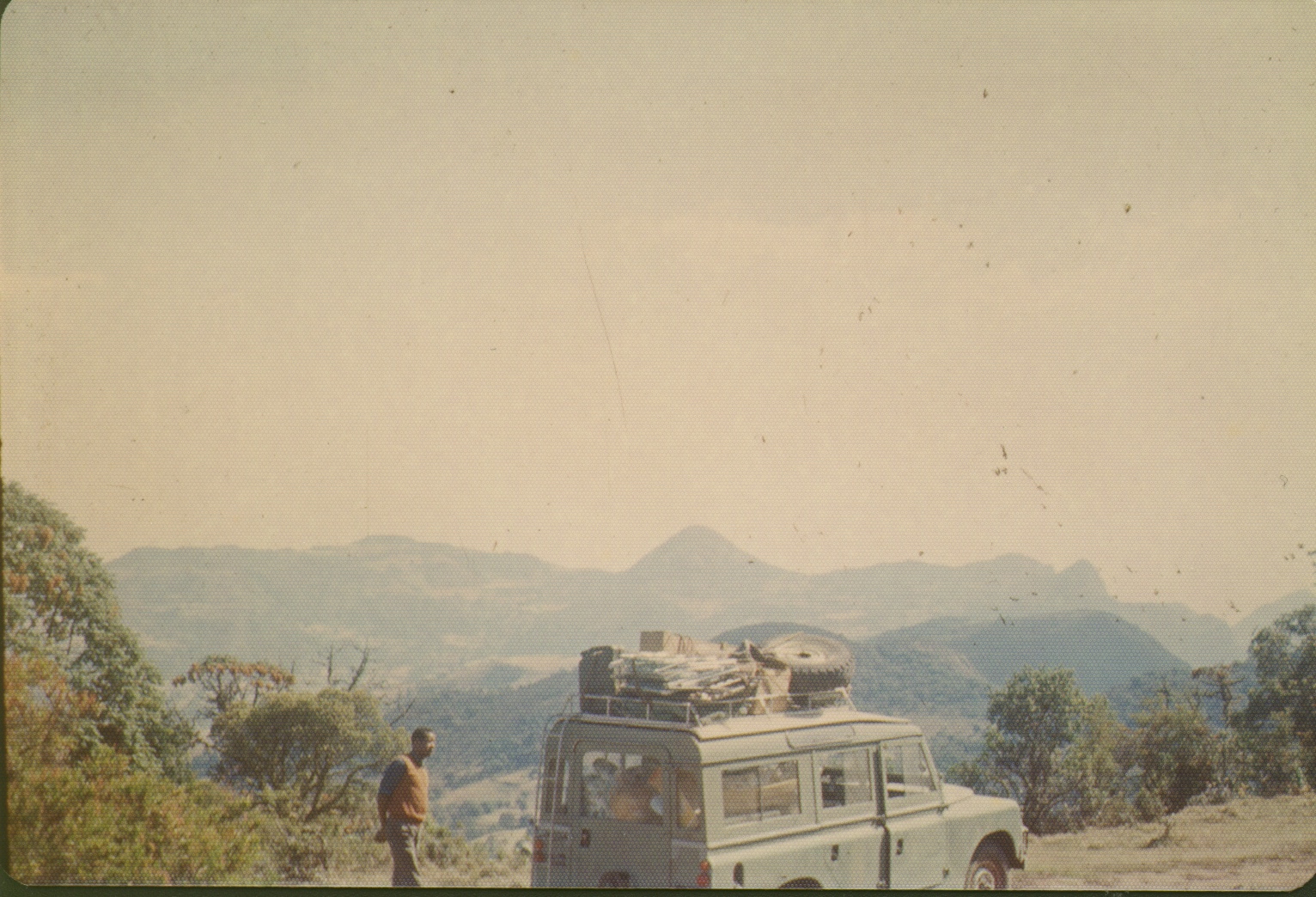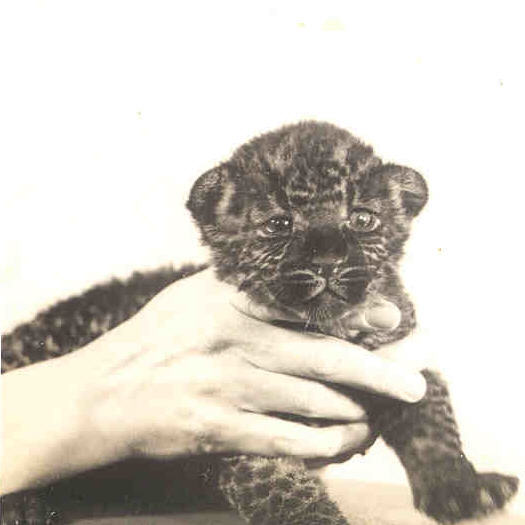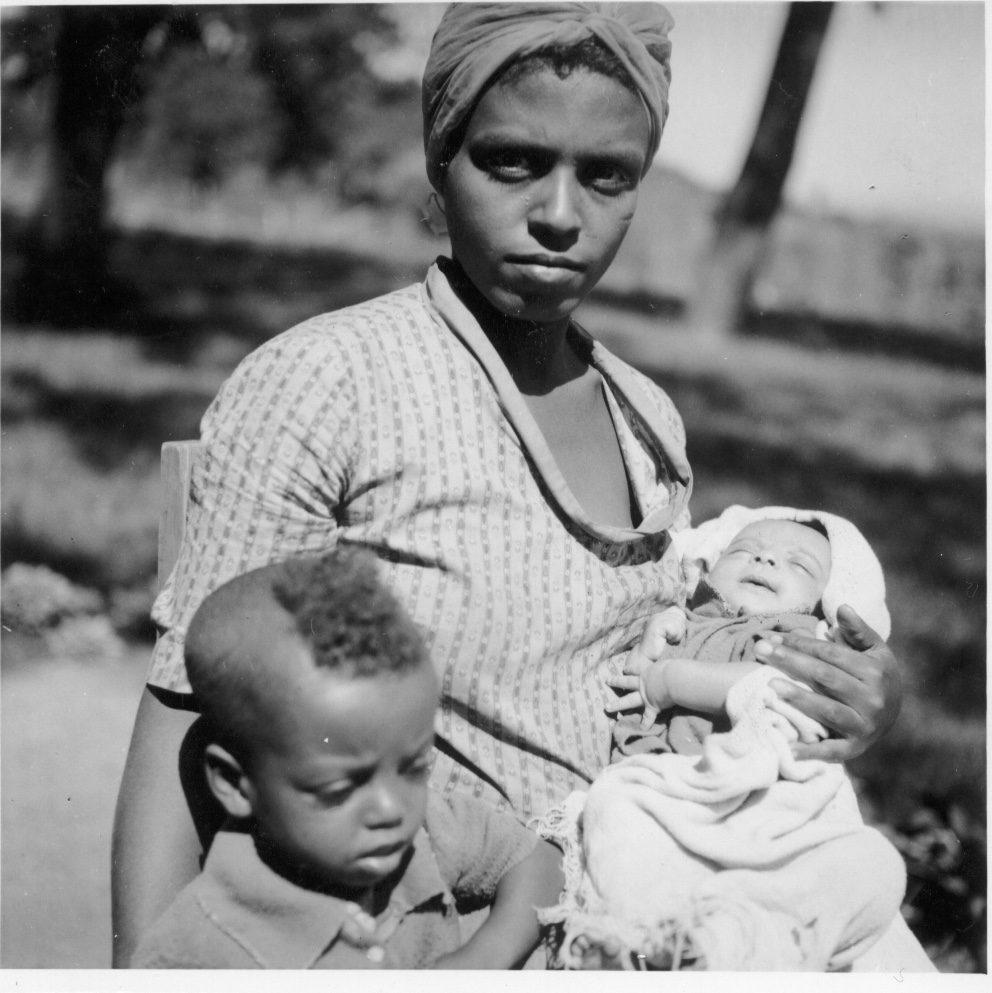
Ethiopia remains the home of my heart. My starry-eyed awkward little self quietly absorbed Africa. Heartbreakingly beautiful, it snatched my heart, and saved my soul.
My love affair with African sh*thole countries began when, as a missionary family we trekked Ethiopia’s rugged terrain by mule train, looking for plateaus of indigenous people in need of medicine and education. Our first outpost was nine days by mule to the nearest road during the Monsoon season – Land Rovers couldn’t ford the swollen rivers – and half a day further on by auto to Addis Ababa. We steeped ourselves in Ethiopian language and culture, and as a child, linguistics came easily. By the time I returned to the United States for college, I dreamed in Amharic, so second nature was that lovely Hamitic language to me. To this day, when my husband and I eat in an Ethiopian restaurant, I am told I have no accent, which always warms my heart.
Lucille, our battle scarred Land Rover, named irreverently after a grouchy, wrinkled, life worn woman of indeterminate age, creaked and groaned as it labored across Africa’s rugged, rock studded terrain. One wheel climbed a boulder, slid off with a sickening thwack, and threw me unceremoniously against the door. Elbows and knees banging each other, we kids got upright as Dad negotiated beds of boulders, but Lucille’s underbelly hit a rock, and with a horrible grind, we lurched to a halt. Lucille had a broken axle.
life worn woman of indeterminate age, creaked and groaned as it labored across Africa’s rugged, rock studded terrain. One wheel climbed a boulder, slid off with a sickening thwack, and threw me unceremoniously against the door. Elbows and knees banging each other, we kids got upright as Dad negotiated beds of boulders, but Lucille’s underbelly hit a rock, and with a horrible grind, we lurched to a halt. Lucille had a broken axle.
We scrambled out, and looked around. The shallow valley was home to a dozen thatched roofed huts. At our unexpected appearance, the villagers paused and fell silent. I felt a bubbling sense of adventure. Mom looked like she’d rather be drawn and quartered. The chieftain approached. Children peeked around their mother’s skirts. Dad and he exchanged respectful greetings, and with wry resignation Dad explained our predicament.
Dad would need to travel, by mule – could he buy one? – back to Shiambu, which had a ham radio, in order to signal our Addis Ababa people to come with a new axle. The ride back would take a day, getting an axle – who knew? Then transporting the axle, well, probably a week all told.
“My wife and children need a place to stay. Can you help us?”
Hospitality was freely given. We could use his wife’s hut. We rolled Lucille close to our temporary home. Three of us would sleep in the hut, three in Lucille. We gathered wood, boiled water over our in-hut campfire for safe drinking, and I spread my wings a little wider into the life of this easygoing but busy village.
 Back home at Kiremu, our highland outpost, I cherished working in our clinic and teaching school. I adored riding Mengustu (my horse) from one village to another visiting women and children there. I was devoted to our pet leopard, Gifte, who was my alter ego. My best friend, Mulunesh, married a Coptic priest, and told me about the pleasures of sex. She taught me practical things too; like how to make Berbere – Ethiopia’s spice base, injera – the sour dough crepe used to scoop savory wat (stew), and the ritual of coffee making, her dark eyes dancing over the top of her cup. The scents of my adopted sh*thole country imprinted my psyche and my heart. Indelibly.
Back home at Kiremu, our highland outpost, I cherished working in our clinic and teaching school. I adored riding Mengustu (my horse) from one village to another visiting women and children there. I was devoted to our pet leopard, Gifte, who was my alter ego. My best friend, Mulunesh, married a Coptic priest, and told me about the pleasures of sex. She taught me practical things too; like how to make Berbere – Ethiopia’s spice base, injera – the sour dough crepe used to scoop savory wat (stew), and the ritual of coffee making, her dark eyes dancing over the top of her cup. The scents of my adopted sh*thole country imprinted my psyche and my heart. Indelibly.
We brought the Ethiopians we were privileged to serve, education and medicine, but they gave me so much more. They gave me connection – the “I’ve-got-your-back” kind of connection. With open hearts, they welcomed my fractured one into a great big bear hug type of acceptance. It was to them I entrusted my heart. Around them I laughed at the drop of a hat, was insatiable about their rituals and customs, experienced the gift of giving, reciprocity, and gratefulness. They learned my music, I theirs. They lightened my spirit. They enriched my soul.
It was to them I went, when Dad, in a rage, battered me to the point I couldn’t walk. I crawled to Mulunesh’s hut. She helped me inside, then defied my father by barricading their door, and kept me from him until he cooled off. When our house radiated waves of hostility, I found my people, be it an outdoor market, a home visit, or working in the clinic. They were my stabilizer. My adopted family.
I crawled to Mulunesh’s hut. She helped me inside, then defied my father by barricading their door, and kept me from him until he cooled off. When our house radiated waves of hostility, I found my people, be it an outdoor market, a home visit, or working in the clinic. They were my stabilizer. My adopted family.
I got to see the larger world as we traveled to and from this sh*thole country I love. I drove our Land Rover as a pre-teen, learned to fly at 16, was completely safe as I roamed hours from home following Colobus monkeys, or finding the hut of a woman who was to teach me how to make ‘birs’ an Ethiopian honey wine.
Born in America, I have dual citizenship of the heart. I care deeply about the country of my birth, and yearn for it to be functional and healthy again. I will do my part. But, this ancient culture – Ethiopia – took me both inside and outside of myself, taught me the value of history, of revering one’s elders, respect for customs other than America’s, of spontaneous grins – often hidden impishly behind a hand, the gifts of laughter, dance and ritual, and infinite connection. I can imagine no better land in which to have come of age. With deepest gratitude, Laura
Laura, I have spent part of the day, reading and rereading some of your posts. This one on your life in Ethiopia was gripping and reached far beyond the words to a deeper meaning. I deeply appreciate your sharing the stories of the horror you encountered and the joy and personal satisfaction you felt in those early years. I have read this account over and over again to feel how important this residence was in your life. A great adventure story and it resonated in my heart like a Greek Odyssey or a tale that never gets old. So much truth and wisdom contained in such a few words. It touched my heart and I will read it again.
How critically we need our brothers and sister in Africa to show us the deeper meaning in life. Every time I have visited there I have come away a more real person. How sad we are now going down a road of no return. I can’t believe I will die and leave this mad child as the President of our once gracious and caring country as a legacy.
Thank you, John. I’m writing a blog right now about dichotomies. Whether is was another culture, a first real friend, a kindness from a stranger, how these priceless moments allowed such a wounded one as me to carry on. To find the light. To hold the line when holding that line meant the difference between protecting my kids, and yielding to the besiegement being meted out by my parents and ex-husband. It was an exhausting battle – and worth it, for its outcome, but it came at such a price. I sorted through my memories to find Africa. And friendships. And memories worth reviewing as treats for a weary heart. The silver linings.
I haven’t decided on a title yet, but I will. As soon as my TEDx talk is finished, I’ll turn my attention to this next blog. I do so appreciate your reading, and contemplating, and then commenting. Thank you!
Splendid reminisce that hit hard at the repeated idiocies of the national embarrassment that twitters from the White House, put there by a minority of citizens.
I’d rather comment here than on the Facebook post where this has been shared. But I’ll copy this in case this comment doesn’t get through.
Thank you so much for your story. Wonderful to read it even with some circumstances that should not have been made me cringe.
I was born in what was the Belgium Congo. Spent 12 of my first 16 years there. Had opportunity to return on a film project with my father in 1983. My parents were missionaries who went as single, met, married and raised a family of thee children – two born in Congo. I’ve lived in Congo and Central African Republic when the rebels would chase us out of Congo.
Since I have friends living there and have other friends and relatives buried there, I just can’t bring myself to use *that* term – I know why you did and it is not offensive to me at all because of the why.
You speak of dual citizenship of the heart and I call it triple, Congo, Belgium (for that is my Birth Certificate) and US Citizen. There is a world view and a people view that those of us with our experiences will always have and those who haven’t our experiences will never have unless God plants it in them.
Paul
Thank you, Paul. Triple citizenship. How wonderful for you! I am privileged to have had a cross-cultural experience, and forever grateful.
Thank you for who you be and where you stand.
A heartfelt, deeply moving and profoundly true reflection on what it means to be Out of Africa. — Jim Hopkins, Senior Pastor, Lakeshore Ave. Baptist Church, Oakland
Wow wow wow… thank you so much for sharing this, and opening your heart so beautifully, both in the past and present !
Thank you, David, very much.
This is deeply beautiful, Laura, just like you.
Thank you, Heather.
Dear Laura. Having read The Fifth Sister more than once I enjoyed reading your feelings about Ethiopia. It obviously gave you many, many gifts, including those much needed hugs, and always needed laughter. Thank you for publishing Gifte’s picture. What a lovely baby. I would love to see some when she is grown. I so enjoy your writing,p;ease keep it up.
Thank you, Clara. I’ll try and find a way to post a later picture of her.
What a wonderful experience! Finding love in the midst of such terrible experiences.
I loved to be able to see Gifte’s picture here!
Dear Laura, if you could overcome this nightmare, I’m sure many other women could eventually overcome theirs.
There’s so much hope in what you are sharing, I particularly like the idea of your laughing a lot. Lots of laughter now.
Ian really amazed by your love and courage.
I LOVE laughing. It’s one of my favorite things. They were quick to laugh, my Ethiopian family. And, Nora, if I could do it, so can they!
So poignantly beautiful! So sad to believe we have nothing to learn from people like Ethiopians. We shut ourselves off so easily to our detriment. Your story needs to be read!!!
Thank you, Millie. How rich our lives are when we broaden, strengthen, and deepen our understanding cross-culturally.